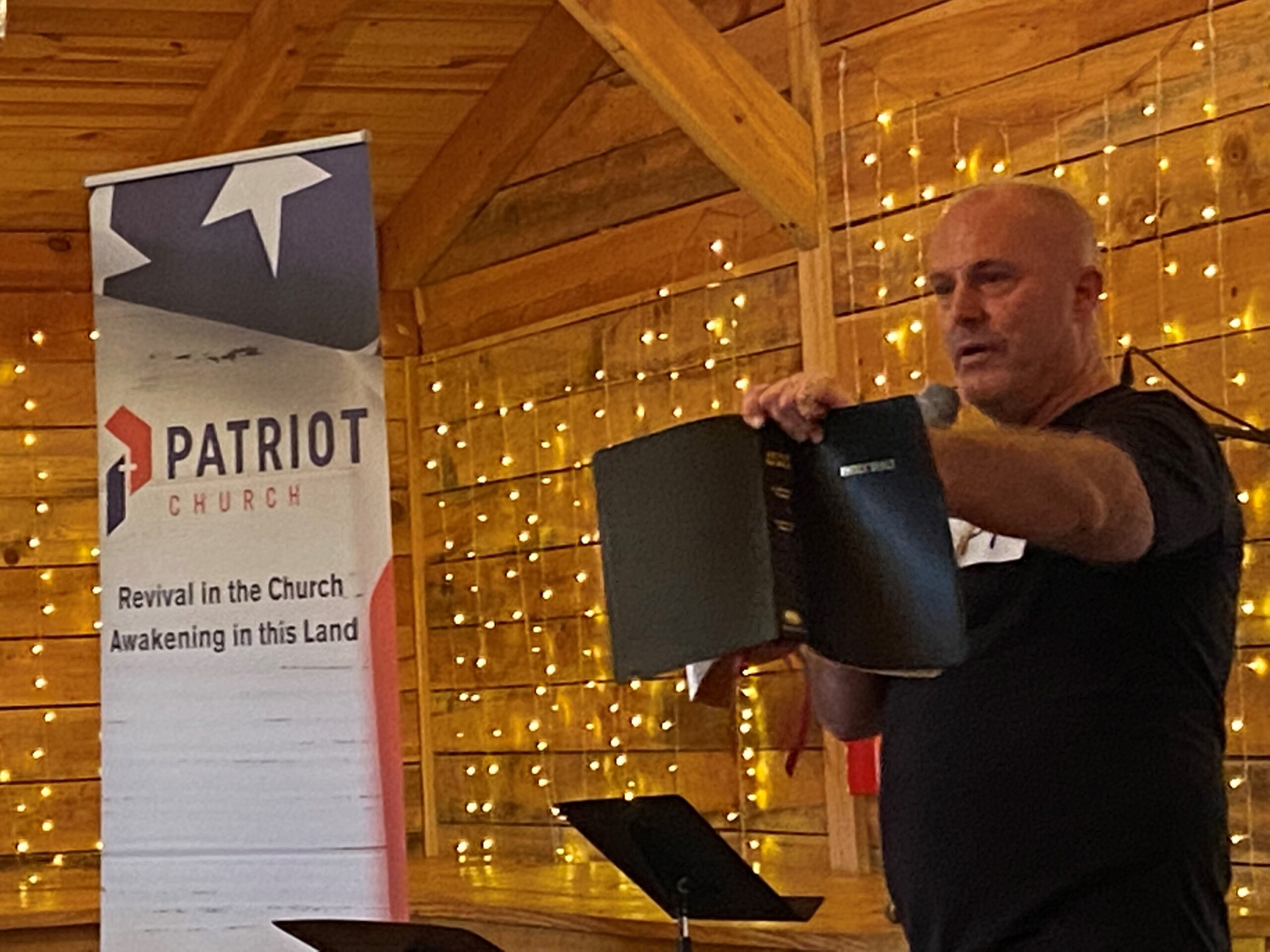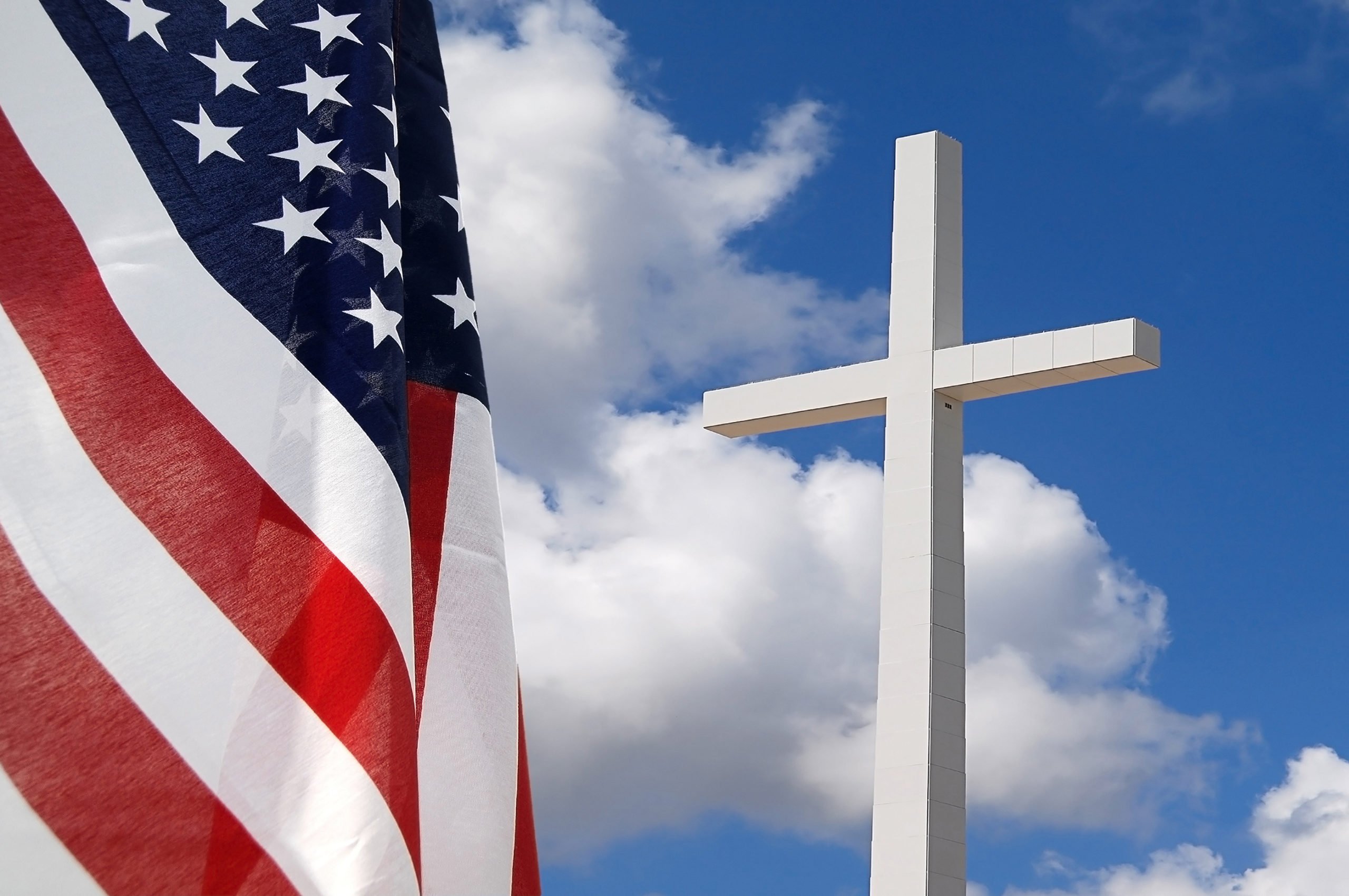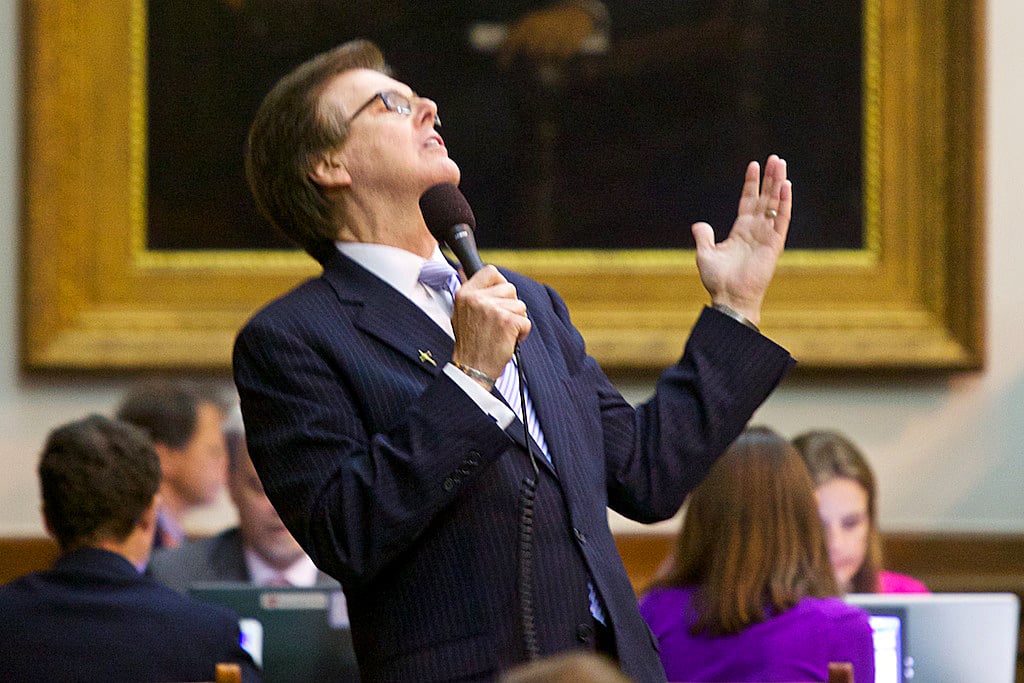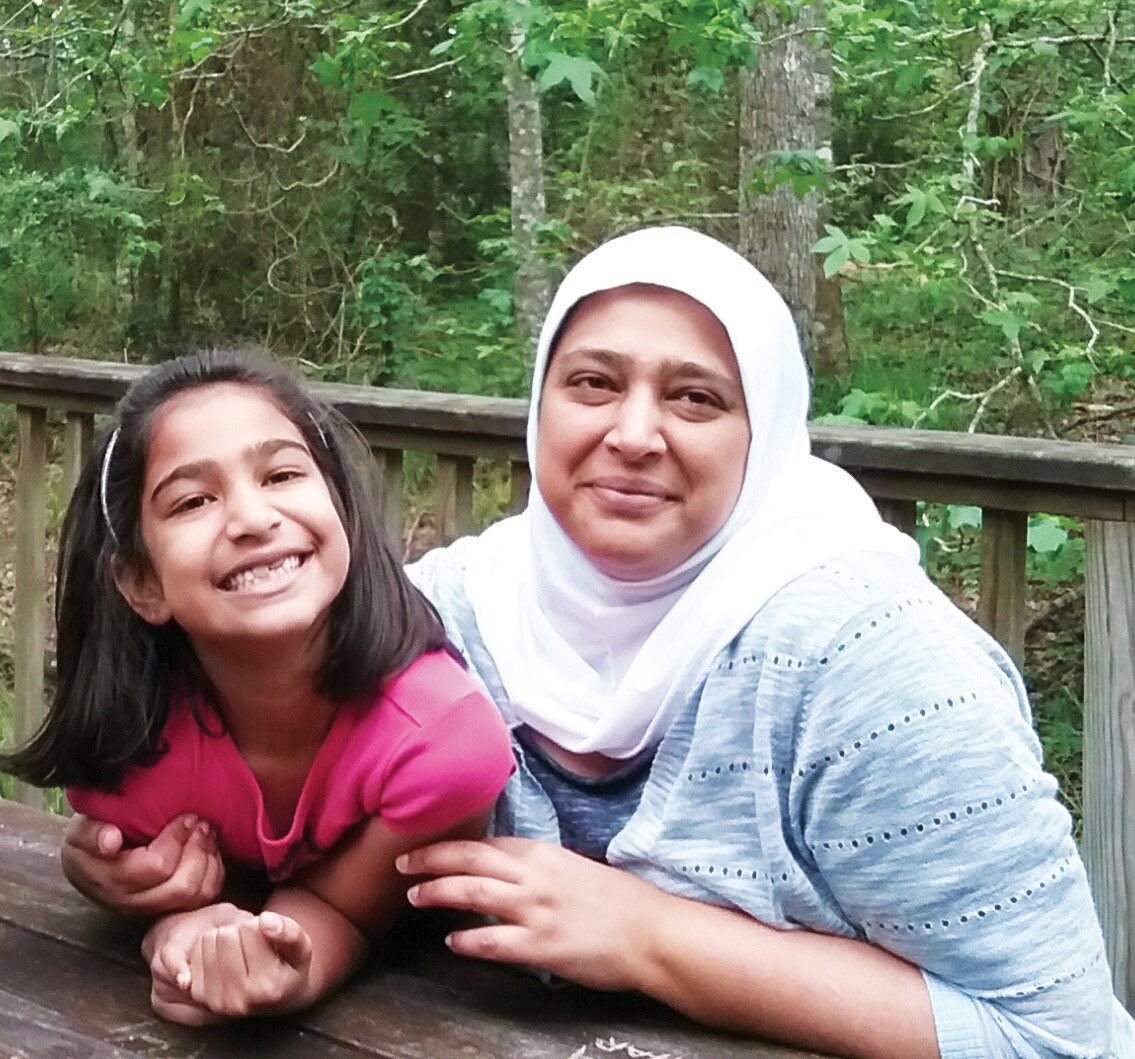
Cut from the Same Cloth: Wearing Hijab in Houston, Post-Trump
Wearing my hijab in Houston has always been complicated. In the Trump era, that's truer than ever.
A version of this story ran in the June 2017 issue.
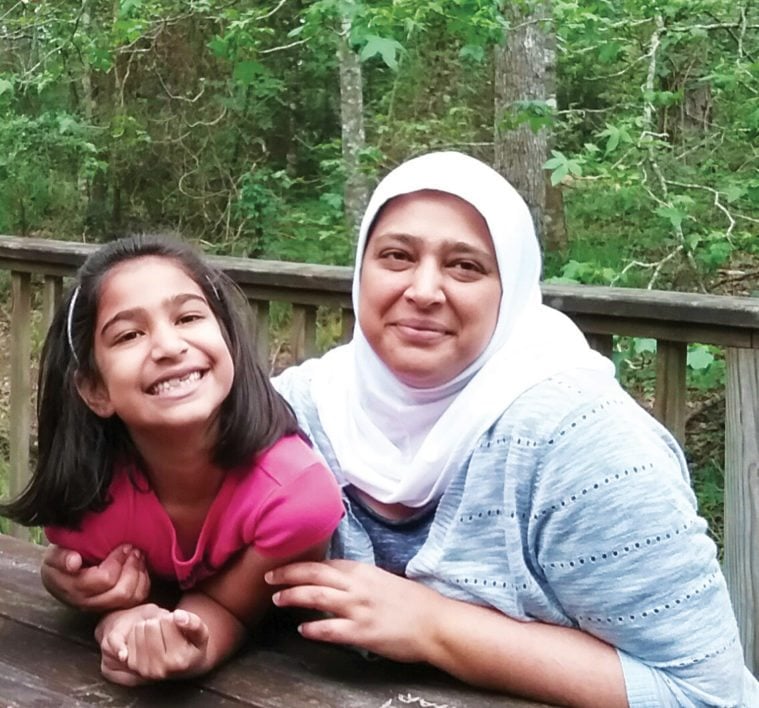
Sometimes a piece of fabric is just a piece of fabric. Not so the hijab, the head cover worn by many Muslim women like myself. The hijab is a conversation starter and a conversation killer. It is a way to make friends, but also to make enemies who glare at you from the other side of the bus or yell “Aren’t you hot in there?” at the beach. And sometimes it stands between a woman and her sandwich.
Not long ago, a trip to a Subway sandwich shop in northwest Houston almost turned into a theological debate. As I stood in line with my children, hungry and running late, the cashier held my receipt and asked, “Why do you wear that thing on your head?” For a moment I debated what to do, though he wasn’t the first stranger to ask me that question, nor will he be the last. I couldn’t shake my head and pretend not to speak English, because he’d already heard me order. I didn’t want to joke, “What, my sunglasses?” I looked at him again, and saw something in his eyes. Sincerity. Curiosity. I turned and looked at my 8-year-old daughter standing next to me, waiting for my response. It’s a question she’s asked many times, perhaps in a more sensitive way. But it’s a question on the minds of many, and sometimes I’m the only person within a 10-mile radius with any sort of answer.
The hijab — head scarf, veil, burqa — is one of the most visible forms of faith one could possibly have. Muslim women who choose to cover themselves are set apart by this simple act of religious observance, and for us, a piece of fabric is never just a piece of fabric. It is an expression of faith, a profession of modesty and decorum, and increasingly, a political statement. Since 9/11, the hijab has become an easy target for oppression. The news is full of proposed legislation against it, such as the headscarf ban in Germany and the burkini ban in France. Each terrorist attack in America results in hate crimes against Muslim women wearing the hijab, leading to a rise in self-defense classes for women in mosques and civic groups.
Houston is the most diverse metro area in the nation. There are more than 157,000 Muslims here, more than anywhere else in Texas. Still, worries about how people will perceive me are always at the back of my mind, and these fears have become only more pronounced after the election of President Trump. I feel more self-conscious in public because the dislike and suspicion toward me is more obvious. I feel more stares at my back, more grumblings around me when I stand in line at the grocery store. Thankfully, I haven’t been targeted by an attack, verbal or physical, but my life seems to be suspended in some sort of terrible anticipation. When will it happen? How? Will I be calm or scared? Will my children be with me, and how will I defend them?
All this seems too much to explain at Subway. There are other people waiting in line behind us, and the cashier is getting dirty looks. I smile graciously — or so I hope — and reply, “It’s for modesty” and hurry away. In the parking lot, my daughter looks at me disapprovingly. “I don’t think you did a good job back there, Amma,” she told me. “What does modesty even mean?”
It’s a valid question. I’m sure the Subway cashier didn’t understand me either. Frustrated, I sigh. An opportunity lost. I am a writer with a host of bylines on this very subject. I am a public speaker routinely invited to teach churches, synagogues, civic organizations and law enforcement about Islam. I should have done a better job. But to be honest, I am so tired of being the representative of more than a billion people. I just want to eat a sandwich in peace, go to the mall without being harassed, write about a completely unrelated topic without feeling guilty that I wasn’t using my time and skills to help people understand the hijab a little better.
My life seems to be suspended in some sort of terrible anticipation. When will it happen? How? Will I be calm or scared?
I wonder how the controversy around the hijab will affect my daughter when she is older. Will she decide to wear the hijab, or will she reject it as so many other women in my family have done? Will she be able to ignore the naysayers and angry looks on the street? She watches me wind the hijab around my head when we leave the house, shops with me for new colors and designs at Old Navy and Stein Mart. She asks questions similar to the ones my training audiences ask: Why do girls wear it, what’s the point of it, what does it say in the Quran? Anyone with an internet connection can answer those questions, but what she’s really asking for is my personal story.
My story is simple. I worked at a nonprofit about 13 years ago, and one day my supervisor stopped me in the middle of a conversation to ask, abruptly, “Why don’t you wear that thing I’ve seen other Muslim women wear?” I felt startled and unsure, just as I would at Subway a decade later. Why didn’t I wear that thing? What was holding me back; why couldn’t I commit to it when I had committed to the praying and fasting and everything else that makes me Muslim? I don’t remember what I replied to my supervisor, but on the way home that evening I stopped to buy a few headscarves to try on. It took a few more years until I wore it regularly, but that’s where it all began.
Not long ago, after I’d spent an hour volunteering at my daughter’s school, I waited in the pickup lane as usual. She sat down in a huff in the backseat and announced, “Can you please not volunteer at my school anymore? Everyone asks me questions about your clothes.” Ah, the worry apparent in her little voice. I could have been hurt or upset, but I understood her so completely. I took that opportunity to talk to her about the hijab in the larger context of being confident, as a woman and as an American, that we are free to wear what we want, even if it doesn’t make sense to her classmates. “The hijab trains us to forget about appearances, sweetheart,” I told her. “To stop looking at the outside and see into people’s hearts.” The radio was on, and she pretended to sing along, but I knew she was listening. Her eyes were fixed on mine in the rearview mirror.
Since then, I’ve thought about it more. I finally have an answer for that Subway cashier, my former boss and even my daughter. I wear the hijab not because it is easy but because it is difficult. I wear it with perseverance in 100-degree Houston weather, while hiking at Sam Houston National Forest with my family, and at a business dinner with my husband’s coworkers. I wore it with pride at my citizenship oath ceremony and with only slight trepidation when I trained thousands of Houston police officers. The hijab is a part of me, an expression of who I am and who I aspire to be, and hopefully my daughter will see that as she makes her own decision one day.

This essay appears in the June 2017 issue of the Texas Observer. Read more from the issue or become a member now to see our reporting before it’s published online.
